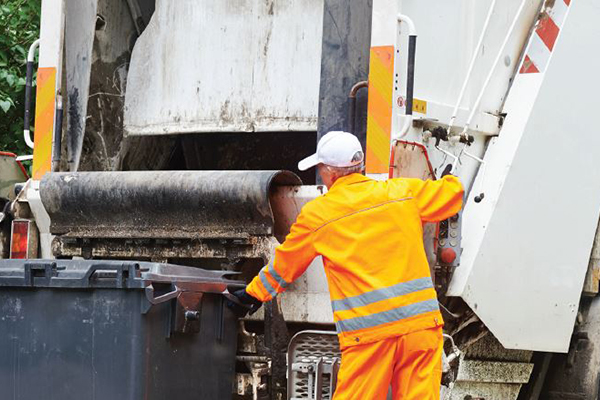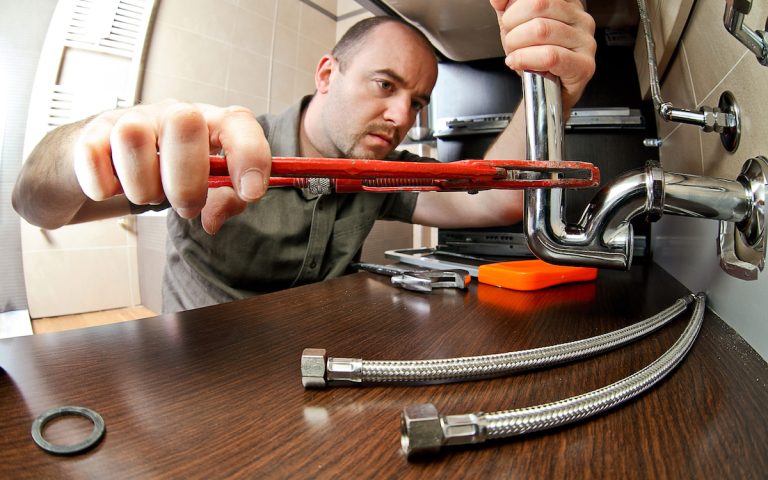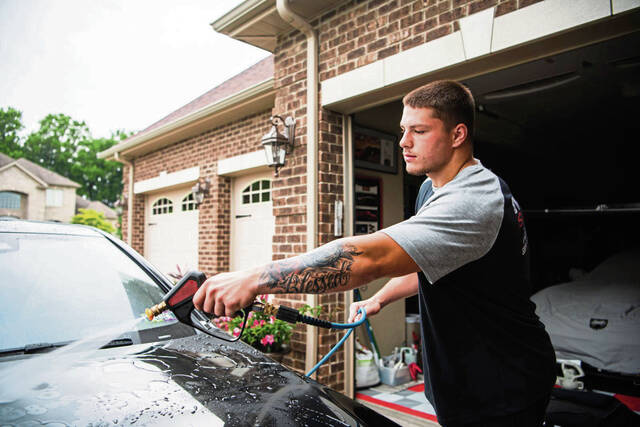Collaboration is at the heart of our mission to create cleaner and healthier communities. By partnering with local authorities, businesses, and communities, our waste management company can leverage collective expertise and resources to implement innovative solutions that address the complex challenges of waste management and environmental conservation. This article explores the power of partnership and the transformative impact it has on creating cleaner, more sustainable communities.
The Importance of Collaboration in Waste Management
Addressing Complex Challenges
Waste management is a multifaceted issue that requires collaboration across sectors to effectively address. From waste collection and recycling to pollution prevention and sustainability initiatives, no single entity can tackle these challenges alone. By fostering partnerships, we can combine our strengths, share knowledge, and develop holistic solutions that benefit the environment and society as a whole.
Maximising Impact
Collaboration allows us to maximise our impact by pooling resources and expertise to achieve common goals. By working together, we can leverage economies of scale, access funding opportunities, and implement innovative technologies and practices that may not be feasible individually. Additionally, collaboration enables us to reach a broader audience, engage stakeholders, and foster community participation, leading to greater awareness and support for environmental conservation efforts.
Collaborative Partnerships for Cleaner Communities
Government Partnerships
Our partnerships with local, regional, and national government agencies are instrumental in driving sustainable waste management initiatives. By collaborating with policymakers, we can advocate for regulations and policies that promote waste reduction, recycling, and environmental stewardship. Additionally, government partnerships provide access to funding, infrastructure, and regulatory support, enabling us to expand our services and reach underserved communities.
Business Partnerships
Collaborating with businesses is essential for implementing sustainable waste management practices throughout the supply chain. Through partnerships with businesses, we can develop waste reduction strategies, implement recycling programmes, and promote sustainable packaging and product design. Additionally, business partnerships offer opportunities for resource sharing, joint investment in infrastructure, and innovation in waste management technologies.
Community Partnerships
Engaging with local communities is critical for fostering environmental awareness, promoting behaviour change, and building support for waste management initiatives. Through community partnerships, we can conduct educational programmes, organise clean-up events, and implement recycling schemes tailored to the specific needs and preferences of each community. By involving residents in the decision-making process, we empower them to take ownership of their environmental footprint and work together towards a common goal of cleaner, healthier communities.
Case Studies: Successful Collaborative Initiatives
Public-Private Partnerships
In partnership with a local government authority, our waste management company launched a public-private partnership to improve waste collection and recycling services in underserved neighbourhoods. By combining municipal resources with private sector expertise, we were able to expand waste collection coverage, increase recycling rates, and create jobs in the community. The partnership also facilitated the development of community outreach programmes, environmental education initiatives, and waste reduction campaigns, resulting in a cleaner and more sustainable urban environment.
Industry Collaboration
Through collaboration with leading businesses in the hospitality sector, our waste management company implemented a food waste recycling programme aimed at reducing food waste and diverting organic waste from landfill. By working closely with restaurants, hotels, and catering companies, we provided tailored solutions for food waste collection, composting, and anaerobic digestion. The programme not only reduced the environmental impact of food waste but also generated renewable energy and nutrient-rich compost for local agriculture, demonstrating the power of industry collaboration in promoting sustainable waste management practices.
Conclusion
In conclusion, collaboration is a powerful tool for creating cleaner and healthier communities. By partnering with government agencies, businesses, and communities, our waste management company can leverage collective expertise and resources to implement innovative solutions that address the complex challenges of waste management and environmental conservation. Through collaborative partnerships, we can maximise our impact, engage stakeholders, and foster a culture of sustainability that benefits present and future generations. Together, we can create a world where waste is minimised, resources are conserved, and communities thrive in harmony with the environment.


















+ There are no comments
Add yours